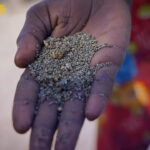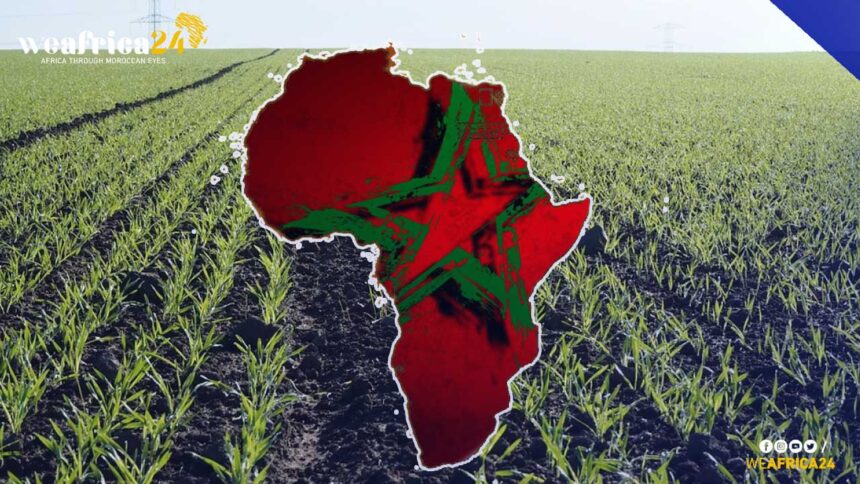In recent years, Morocco’s agriculture is emerging as a leader in agriculture, not only in its own country but also in Africa as a whole. The country is revolutionizing agriculture by adopting innovative technologies, promoting sustainable practices, and supporting small-scale farmers. In this article, we will explore how Morocco is transforming agriculture in Africa and the impact this is having on food security and economic development.
Modernization of Morocco’s Agriculture
One of the key ways that Morocco is revolutionizing agriculture is through the modernization of its agricultural sector. The country has invested heavily in research and development to identify new technologies and methods that can increase productivity and improve efficiency. For example, Morocco has adopted precision agriculture techniques that use satellite imagery and data analysis to optimize crop yields. Additionally, the country is using hydroponic systems and vertical farming to grow crops in urban areas, reducing the need for large amounts of land and water.
Morocco Agriculture: Sustainable Practices
Another important aspect of Morocco’s agricultural revolution is the promotion of sustainable practices. The country recognizes the importance of preserving its natural resources and protecting the environment for future generations. To achieve this, Morocco is implementing initiatives to reduce the use of chemicals, promote conservation agriculture, and support organic farming. These efforts are not only benefiting the environment but also increasing the profitability of small-scale farmers and improving the quality of the food that is produced.
Support for Small-Scale Farmers
One of the most significant ways that Morocco is revolutionizing agriculture in Africa is through its support for small-scale farmers. The country recognizes that small-scale farmers play a crucial role in food security and economic development, and is working to empower them through training and technical assistance. For example, Morocco is providing small-scale farmers with access to financing, markets, and new technologies, enabling them to increase their productivity and competitiveness. Additionally, the country is working to improve the value chain for agricultural products, from production to marketing, to ensure that small-scale farmers receive a fair price for their products.
Moroccan Fertilizers Industry
Moroccan fertilizers play a crucial role in the country’s agriculture sector, which is a major contributor to its economy. Morocco is one of the leading producers of phosphates, a vital ingredient in the production of fertilizers. The country has extensive phosphate mines, which provide a steady supply of raw materials for the production of fertilizers. The Moroccan government has invested heavily in the fertilizer industry, providing incentives for companies to set up production facilities in the country. This has led to the establishment of several large-scale fertilizer manufacturing plants that produce a range of products, including nitrogen, phosphorous, and potassium fertilizers. These fertilizers are used by farmers to improve soil fertility and enhance crop yields, thus contributing to the country’s food security and economic growth.
Morocco Agriculture: The Conclusion
Morocco is leading the way in transforming agriculture in Africa. The country is modernizing its agricultural sector, promoting sustainable practices, and supporting small-scale farmers. These efforts are not only improving food security and economic development in Morocco but also serving as a model for other African countries. By continuing to innovate and collaborate, Morocco has the potential to revolutionize agriculture in Africa and contribute to a more sustainable and equitable future for all.







